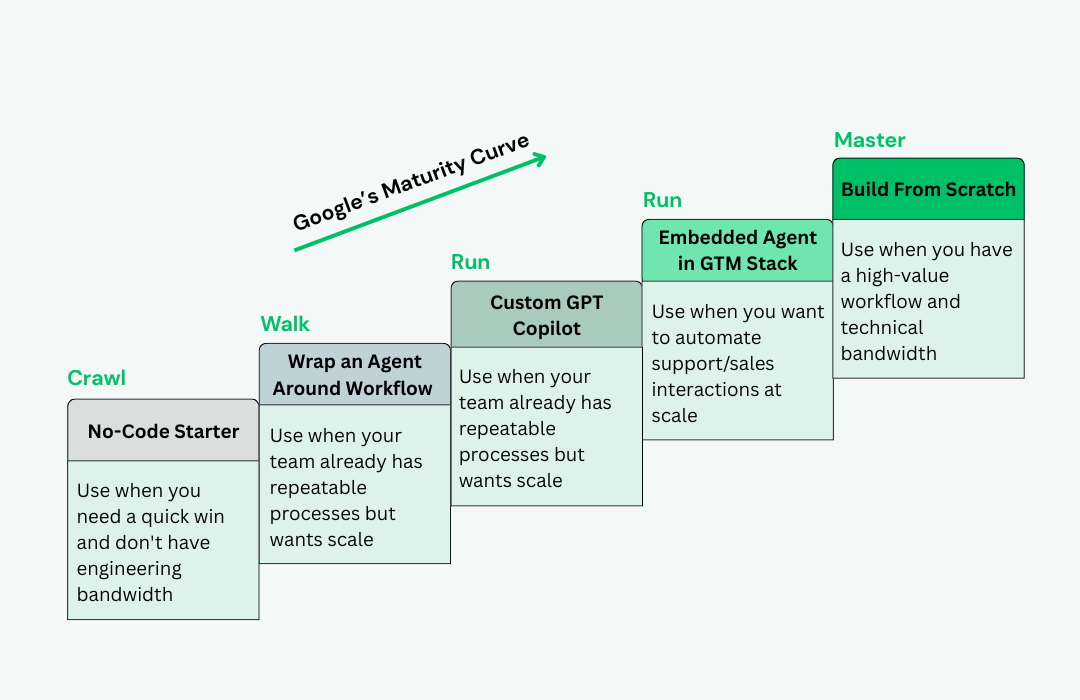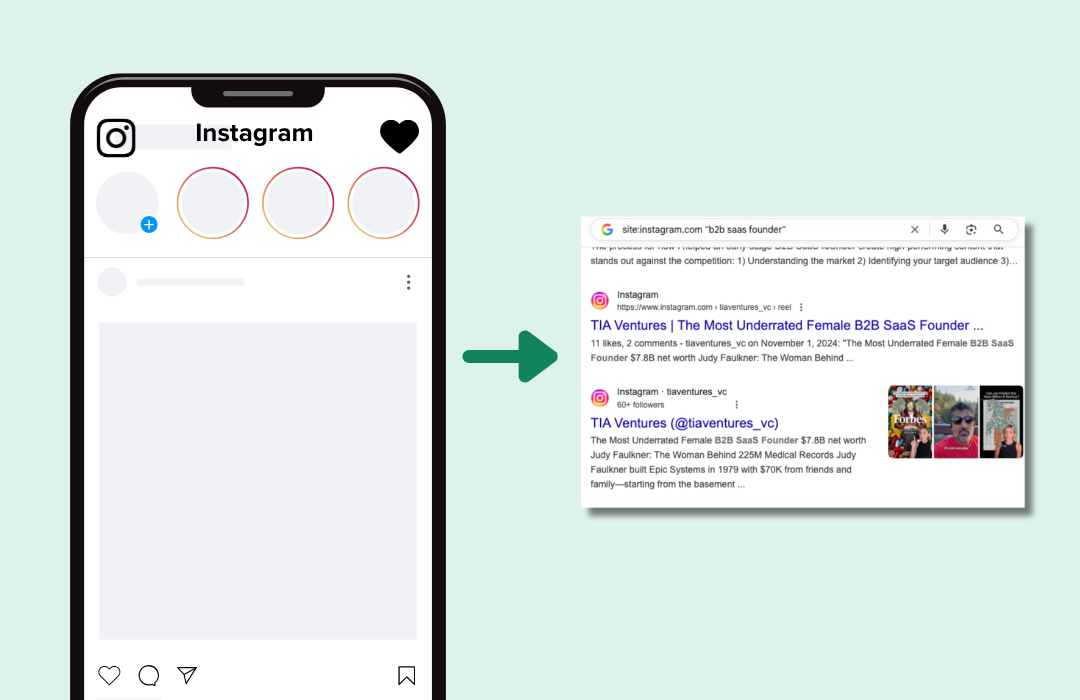Editors Note: Steli Efti is the Co-founder and CEO of Close.io, a sales communication platform to helps salespeople to manage their customers better. This post was first published on the Close.io blog and is being republished with permission.
“Our product works. It saves our customers a lot of money. We can prove it. Heck, we even do a pilot for them when they ask. Afterwards, they see the numbers, the data confirms our claims. But they still don’t buy! What are we doing wrong?“
This is the main sales challenge of a startup I recently talked to in a sales office hour.
Their product is strong. They’re serious players; big government agencies among their customers (and they showcase it on their website).
They think they’ve arrived at the promised land of product/market fit.
Their business is doing very well, through referrals. But now they want to grow faster, so they started a cold outreach campaign.
Generating qualified leads is easy for them. They reach decision makers and get them to to listen. They even get them interested. Companies actually want what they offer.
The Sales Process Is Moving Along Nicely
They’ve got a qualified prospect. The decision maker wants a demo. So the do a demo for her. The product does everything they claimed it would. Everything the prospect wants.
But she still doesn’t buy.
Why?
Let’s summarize the situation:
- You have a great product.
- People want what your product does. And you can prove it.
- But they still don’t buy. Even after you showed them that buying would be the logical thing to do. WTF?!
If you have dealt with objections on a logical level and they still don’t buy… let’s look at the emotional level.
What’s the issue?
Doubt! They’re scared to make a mistake. They’re afraid of being wrong.
They logically know that it makes sense to buy your product.
But what if they sign the deal and something goes wrong? It would fall back on them. It puts their career and reputation at risk. Why should they stick their neck out and take the risk?
It feels dangerous! Like skydiving. You know the equipment is working. You know the parachute will bring you down to earth safely. But boy is it fucking scary when you’re looking out of the plane…

These fears are not purely rational. You can not resolve irrational fears with rational arguments.
If a prospect has irrational fears related to your offer, and you try to address those with rational arguments, what will happen?
The prospect will make up bogus objections, because they don’t want to be perceived as an irrational person. And then you have to deal with those bogus objections — and that’s a fight you can’t win.
So what do you do instead? If you can’t use rational arguments, how do you overcome irrational objections?
There are three things you do:
1) Sell on 3 levels
I see this all the time in companies that have a strong product: they sell only the product.
But the product is just one level you need to sell.
What are the other two levels?
You need to sell yourself as someone who is trustworthy.
And you need to sell the company as a business that is stable, growing and winning in the market. You need to make them believe your company will still be around in two, three, five years.
Your prospect most likely isn’t a product person. She often doesn’t have the technical expertise. She hasn’t spent years developing and building products. She doesn’t even understand how your product works exactly. How can she trust something she doesn’t fully understand? You need to make her trust in your sales rep (a human being) and your company (a group of human beings).
This is not necessary in every industry, but in some industries it is essential.
2) Address The Elephant In The Room
Do they have an objection they don’t feel comfortable bringing up? Good! This is your opportunity to bring it up!
Most sales reps try to stay clear of latent objections if the prospect doesn’t bring them up.
Instead, what you want to do is to pull this hidden objection out of the dark, put it in the middle of the room, shine a big bright light on it and kill it in front of your prospect.
How exactly do you do that?
Preparation. Identify what exactly scares them. Make a list of the three most common fears prospects have regarding your product.
Then you say:
“I know what you’re thinking. You’re thinking ‘This thing really works. Now I actually have to consider purchasing it.’ That can be a scary thought, right? You’re skeptical about [fear 1], [fear 2] or [fear 3], right? That’s completely normal. I encounter this every time. That’s how every single of my customers felt at first.”
It’s important to give them the chance to verbalize and express their concerns. Have them nod in agreement and say “Yes”. Just by letting them express this fear, you’re defusing the emotional impact it has on them. You’re getting this psychological roadblock out of the way.
3) Make Them Recall Positive Reference Experiences
Have them remember a time when they were in a similar situation – where they bought something and then later were glad they did. Ideally something that five or ten years ago everyone in the industry purchased and that has now become an industry standard.
If you have an example like that, it’ll also help to resolve the emotional stress of a buying decision.
Bridge the gap between doubt and trust

Sometimes the thing that prevents you from closing a deal is lack of trust. If they don’t have the confidence that your product is the right choice for them, they won’t feel comfortable to commit. Instead, they’ll try to find a way out, they’ll try to avoid making a decision. They’ll try to avoid taking the risk.
Oftentimes it’s not much that’s missing.
If you sense a lack of confidence, make sure to sell on all three levels, address the elephant in the room and make them recall positive reference experiences.







